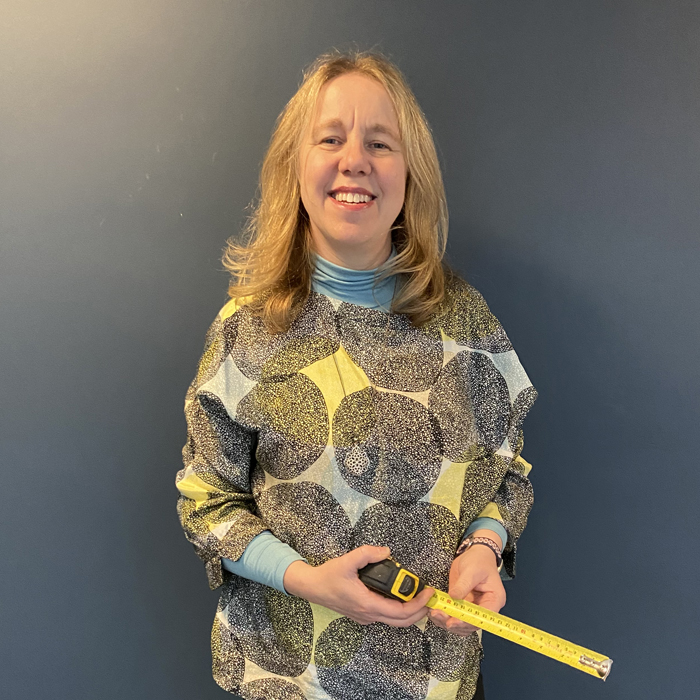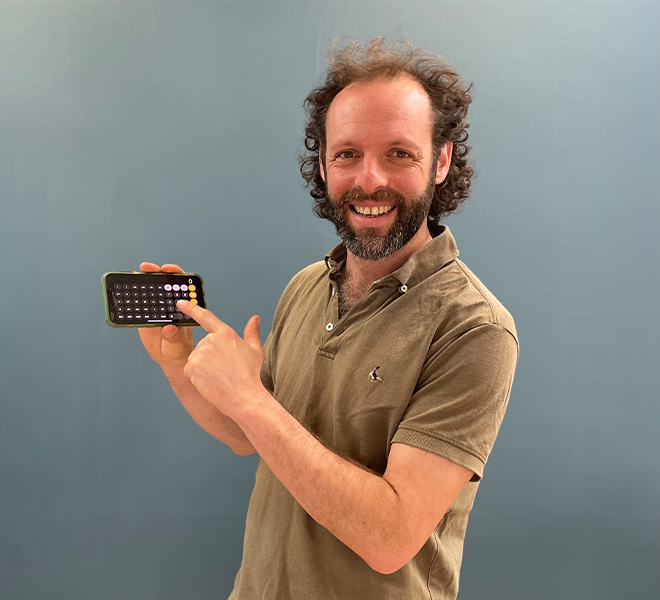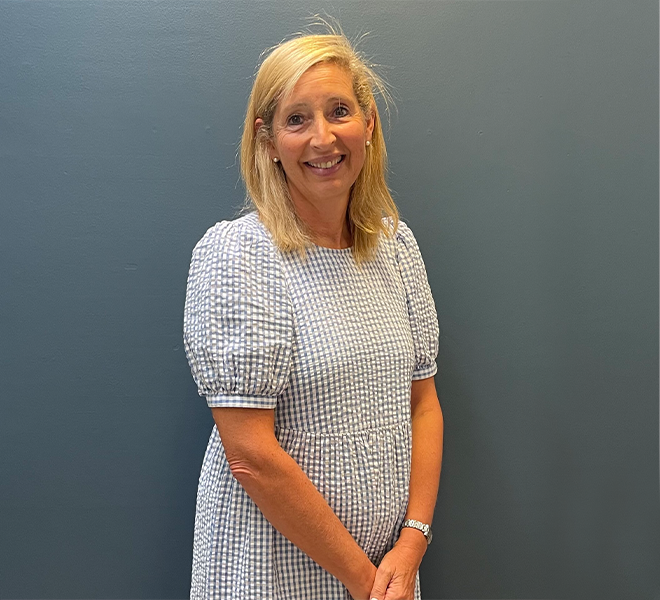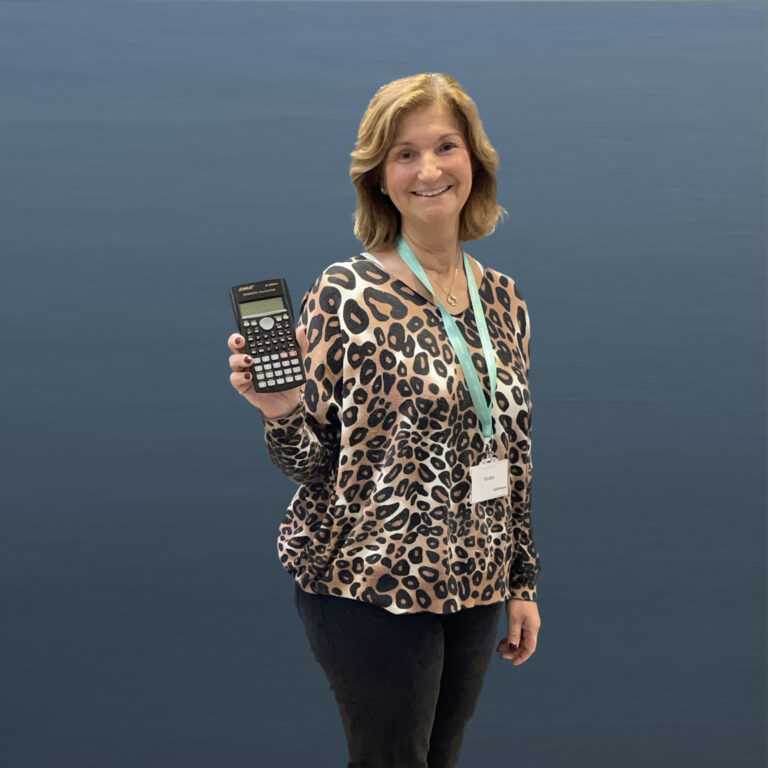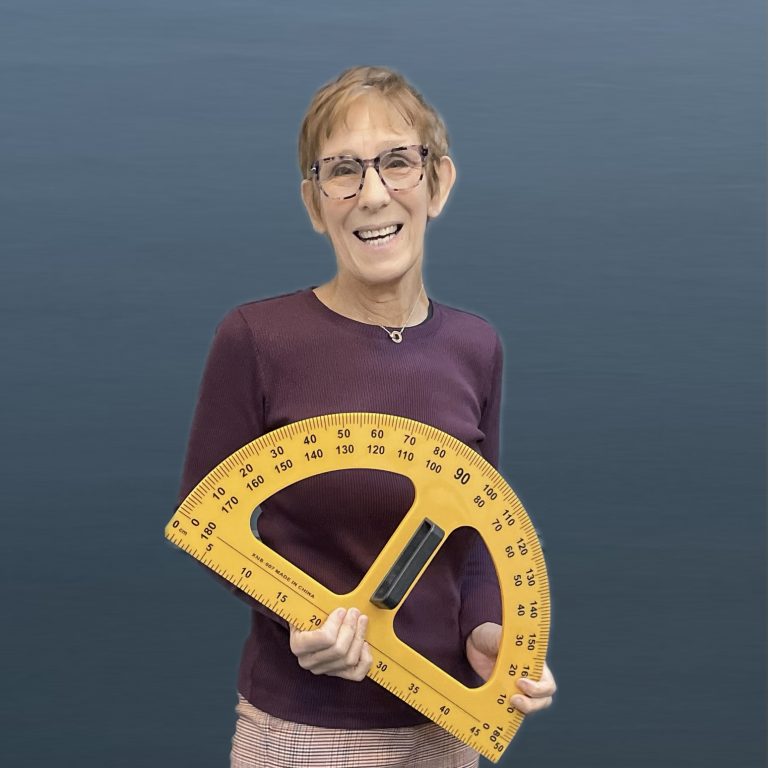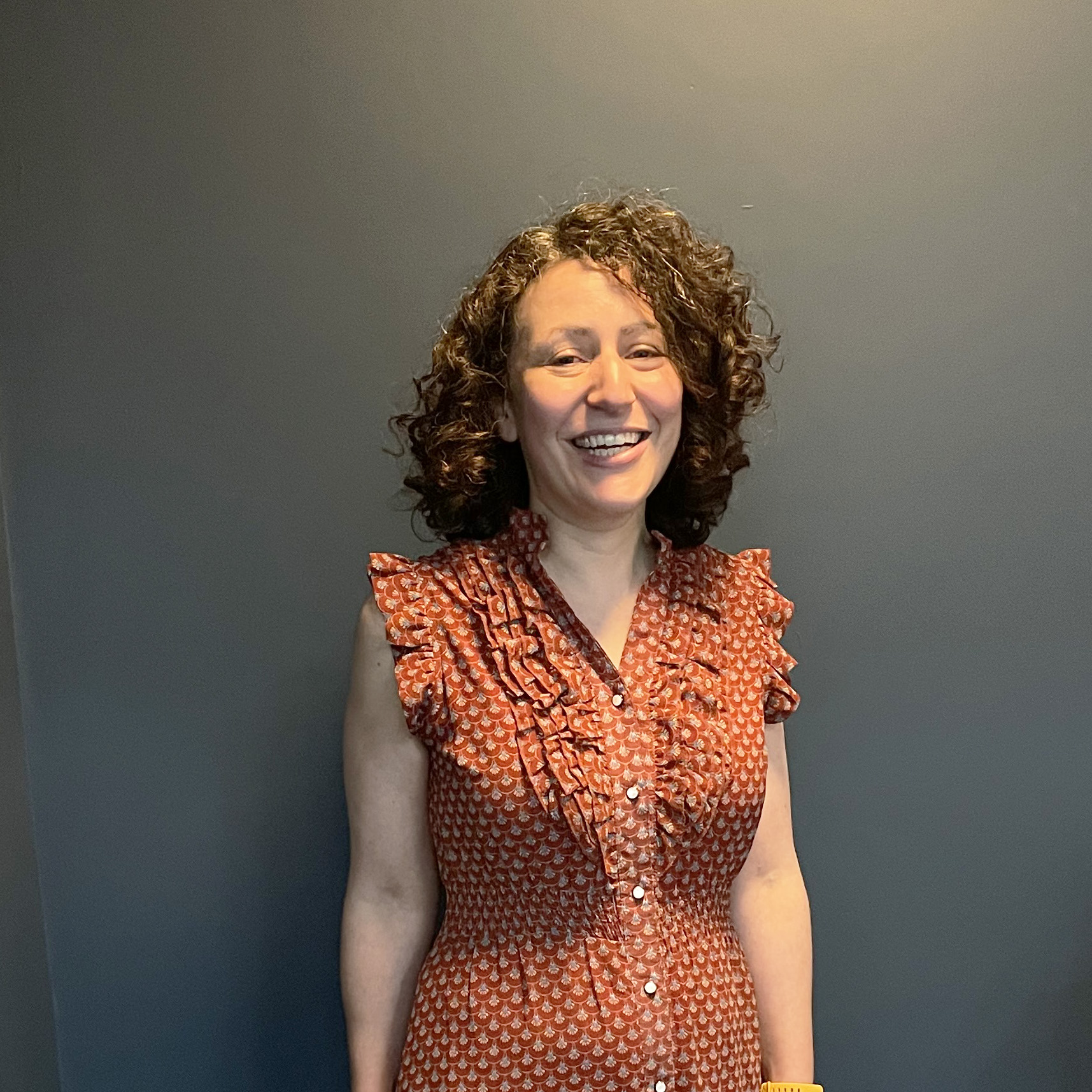Maths
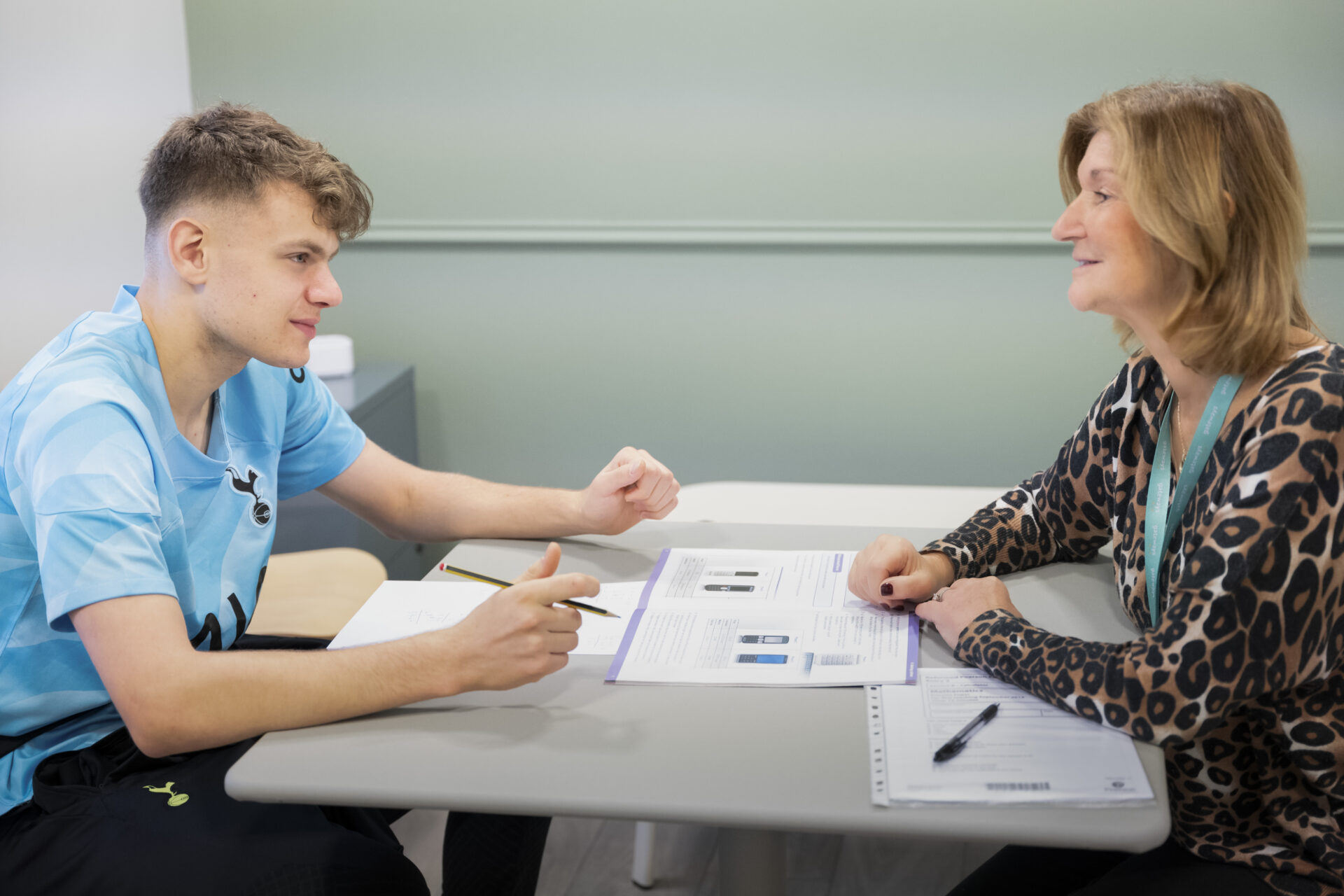
About the courses
Length of Course:
1- 2 years, depending on ability and readiness
Qualifications:
Entry level
Functional Skills
GCSE
Exam Boards:
Pearson Edexcel and AQA
Maths classes are taught in personalised 1:1 and 2:1 classes with qualified teachers who plan individualised teaching to suit the needs and interests of each child.
As students increase their competence in numeracy, they become more confident about progressing to their chosen workplace or further education course.
gateways provides a wide and varied curriculum for all ages and abilities ranging from basic skills up to GCSE. For many students, who have been out of education for a long time, the entry level and functional skills courses are a gentle and non-threating transition back into learning, whilst giving them essential skills to help navigate the challenges of independent living and working.
Whether you require top up support or a complete curriculum delivery, gateways is dedicated to tailoring support to meet the needs of every student.
Teaching staff have a wealth of experience and are committed to addressing not only students’ learning needs but also their overall well-being.
Maths
The basic numeracy course is designed for students who have been out of education and is non-accredited, the curriculum focuses on foundational math skills to help students understand and apply math concepts in practical, everyday situations. The emphasis is on building numerical fluency and confidence without the pressure of formal assessments or accreditation. The topics covered in a basic numeracy course may include:
Counting: Reinforcing the ability to count, recognise numbers and understand number sequencing.
Addition and Subtraction: Developing basic addition and subtraction skills, including carrying and borrowing for larger numbers.
Multiplication and Division: Introducing multiplication and division concepts, with an emphasis on solving simple problems.
Fractions and Decimals: Understanding basic fractions, decimals, and their relationships to whole numbers.
Percentages: Learning about percentages and how to calculate percentages of numbers. Basic Measurement: Understanding common units of measurement, such as length, weight, volume and time.
Money Math: Managing money, making change, budgeting and understanding financial transactions.
Edexcel Entry Level Certificate is a 1 to 2 year course designed as an Entry Level alternative to, or route towards, GCSE study.
Although mainly studied by 14 – 16-¬year old students, the Edexcel Entry Level Certificate is open to a wide range of learners, including adults returning to education and people with special educational needs.
Assessment
Regular assessments ensure students ongoing progress and comprehension of course material, offering real-time feedback to guide your learning journey.
Completion of practical, hands-on assignments to apply knowledge in real-world scenarios, developing valuable skills for everyday life.
Externally set non-exam assessment: up to 1 hour and 30 minutes
Functional Skills qualifications are a steppingstone to a pass at GCSE Maths.
They’ve been carefully designed to prepare students for life and work, while creating a steppingstone to further studies. They take a real-life approach to learning, with problem-solving questions about personal finance, planning and organising activities and the world of work. This approach gives teachers the freedom to explore real maths with their students, for example through learning how to set a budget, organise an event and calculate quantities for a project.
Functional Skills level 2 qualification is an equivalent to a pass at GCSE.
Assessment
Reading and writing exam and a speaking listening assessment
The GCSE mathematics curriculum covers a wide range of topics, including but not limited to:
Number and Algebra: Arithmetic, fractions, equations, inequalities, and functions.
Geometry and Measures: Properties of shapes, angles, measurements, and transformations.
Statistics and Probability: Data representation, interpretation, and probability.
Ratio and Proportion: Proportional relationships and percentages.
Calculus (in higher tier papers): Differentiation and integration (for more advanced papers).
GCSE Mathematics typically consists of three exam papers:
- Paper 1 is non calculator
- Papers 2 and 3 are calculator
Students have the option to sit a Foundation or Higher paper depending on their levels and abilities.
Meet the maths education team
